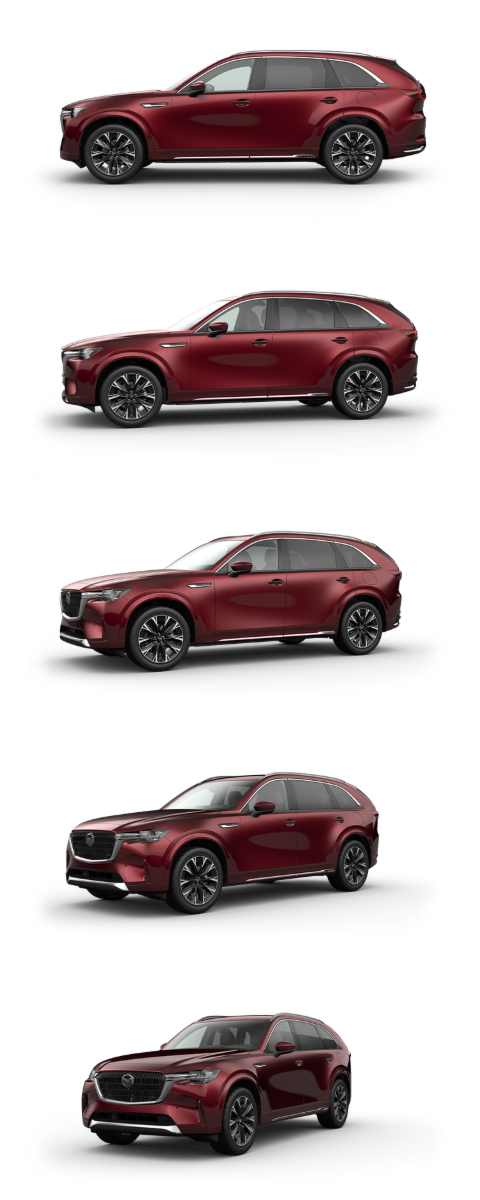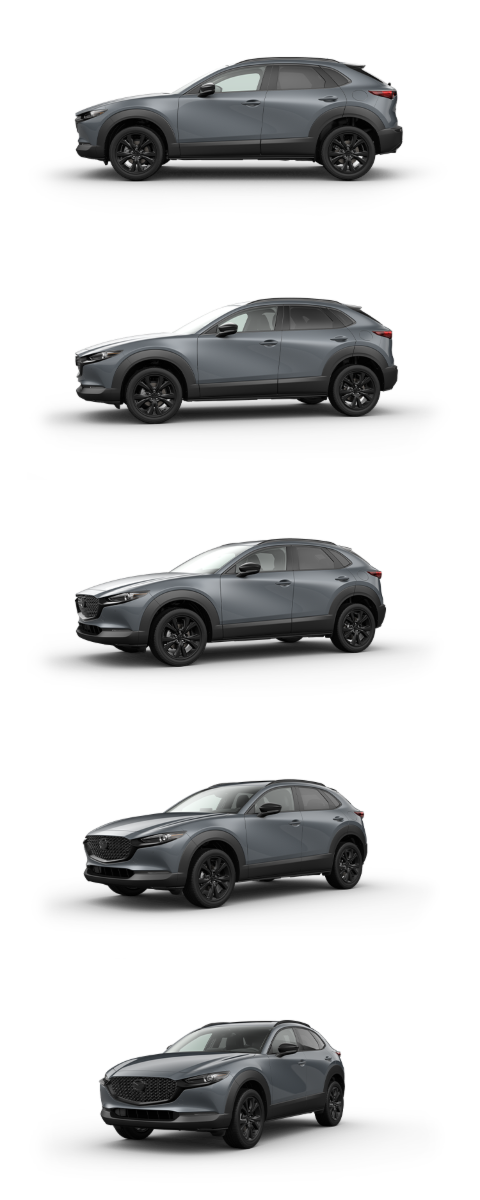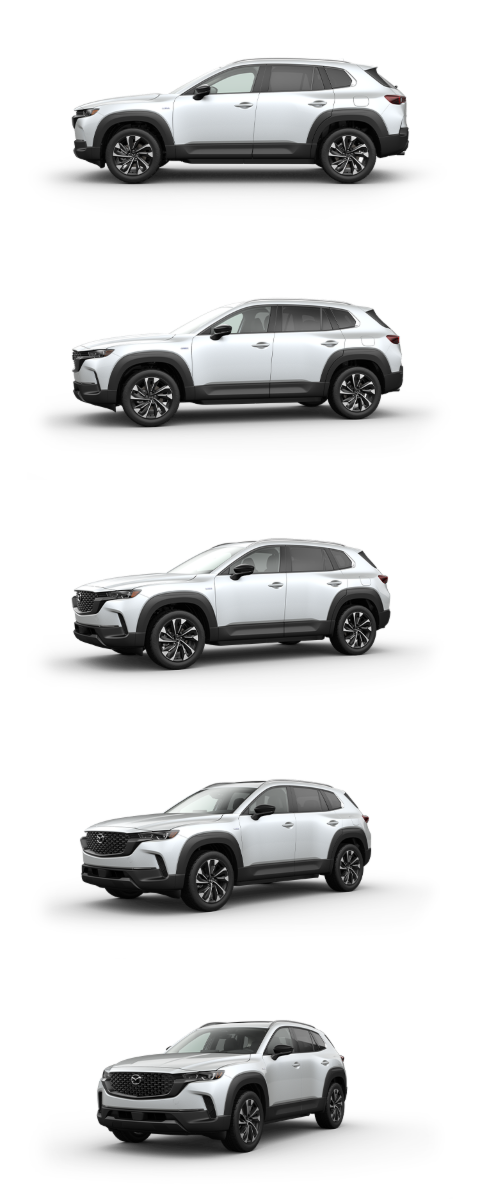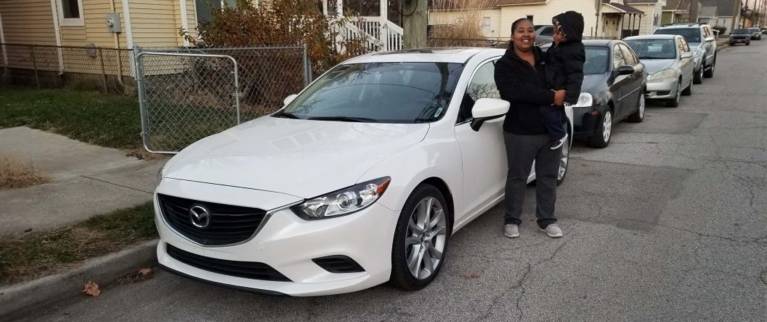Buying vs. Leasing an EV
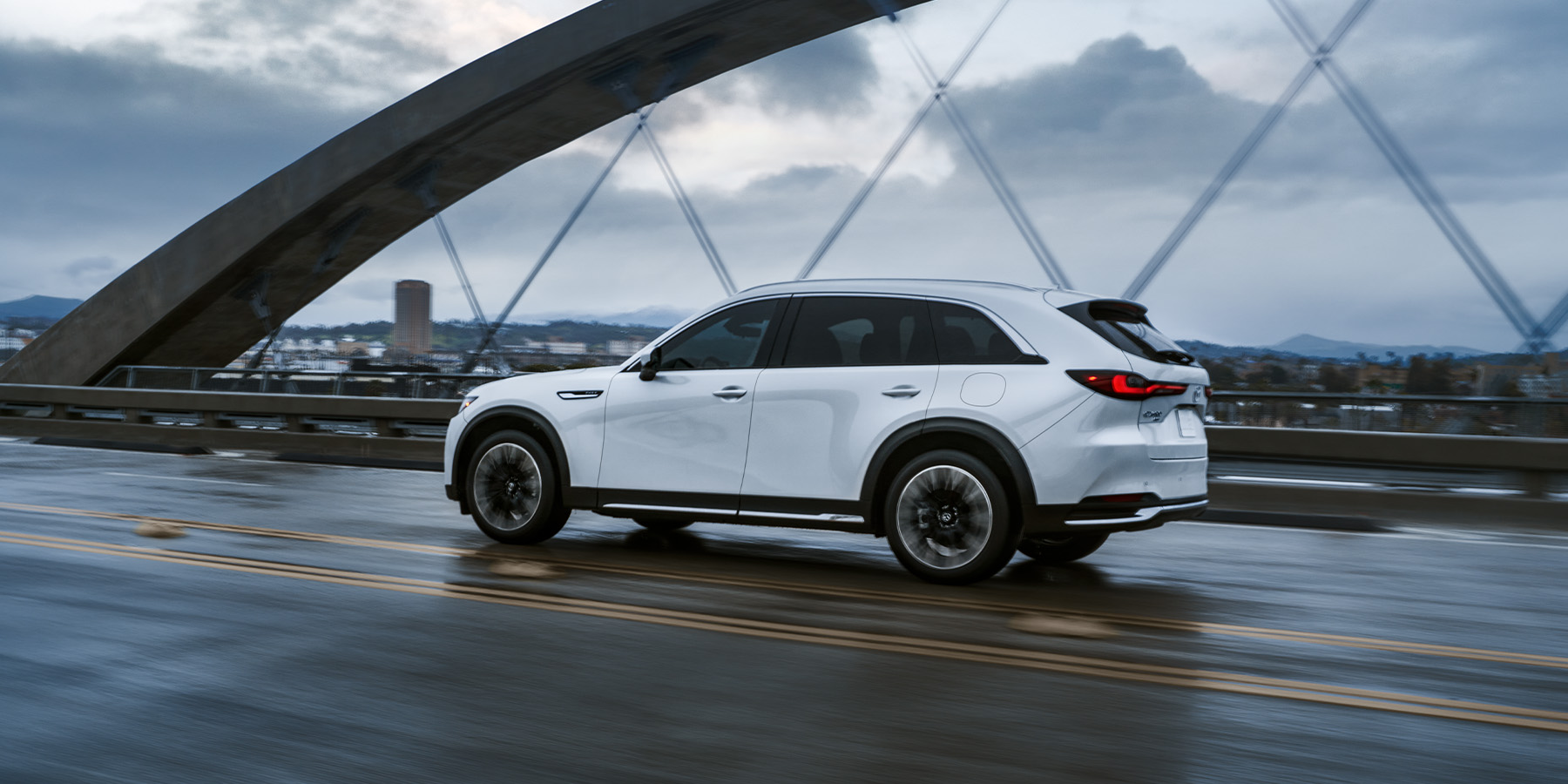
The question of whether to lease or buy a car is a valid one regardless of the vehicle type you’re choosing, but the proliferation of electric vehicles (EVs) and the speed at which EV technology, EV legislation, and the current market are changing add a few more parameters to the discussion.
The pros and cons of buying or leasing an EV outlined here are designed to help you make an informed decision about which type of vehicle you acquire next. However, like vehicles themselves, buyer journeys are not one size fits all; discussing your options in conjunction with an accountant, tax advisor, or attorney, can be beneficial to your wallet and peace of mind.
If you’re new to leasing entirely, please see our article on how to lease a vehicle.
Buy or Lease? Take the quiz to see which option is right for you.
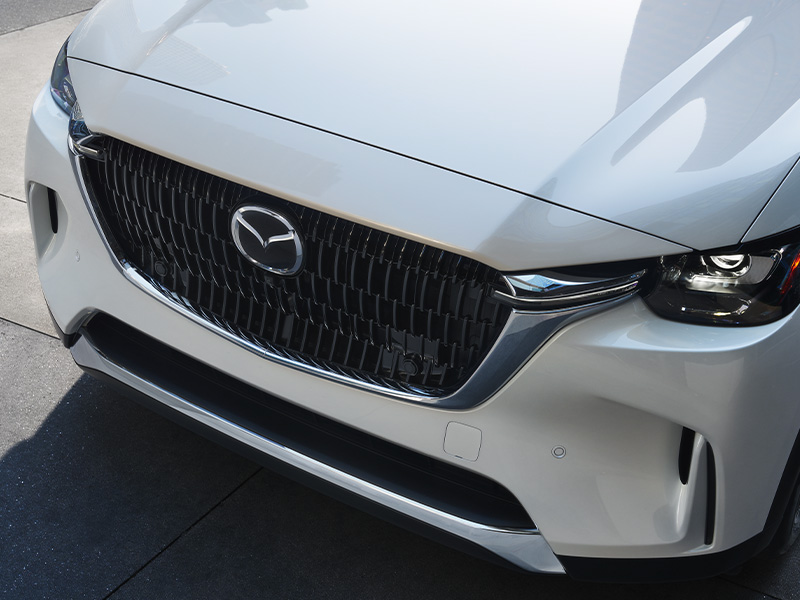
Pros of buying an electric vehicle
1. Purchasing an EV can help you build equity
When a vehicle lease ends, you’re at a high “risk” of having exactly what you began with — nothing. While that might not matter to some people, for others, not having trade-in value to go toward your next car purchase can be a financial burden. Buying an EV, on the other hand, can allow you to build equity, so long as you remain within your budget and choose a vehicle that truly suits your needs. Plus, should you decide over the next few years that you want or need something different, you’ll have more to work with than you would with an expiring lease.
2. Owning your car means no limits on how far you can drive it
Leases typically stipulate how many miles you can drive them over the term of your lease. That might not have factored in your driving freedom when EVs were considered primarily “city cars,” but the range of modern EVs and the combined electric-gas range of plug-in hybrid electric vehicles (PHEVs) mean that drivers can now use their EVs for longer excursions like road trips.
Of course, racking up higher mileage on an EV you own may lower its resale value, but that reduced value is not likely to equal the cents-per-mile penalties you will incur when going beyond the mileage limitations laid out in your lease.
Leases can certainly be negotiated for more annual miles (at a greater expense). To understand your habits and preferences, a helpful question you might ask yourself here is: When you rent a car, do you search for a fixed mileage allowance, or do you prefer unlimited mileage?
3. New EVs typically come with a long battery warranty
The “bumper-to-bumper” basic warranty of an EV is much the same as that for a car powered by petroleum, but electric cars tend to have fewer moving parts, meaning EVs typically require less maintenance. Even many of the “electric” components in EVs, including the battery pack (often the most expensive part of an EV), are typically warranted for 8-10 years or 100,000 miles. In states with regulations similar to that of California, your warranty may be even longer.
4. Buying a vehicle means more financing options
As with non-EVs, purchasing a vehicle offers the most options including financing, all-cash payment, a loan financed by the dealer, or a pre-approved loan with your bank, credit union, or other financial institution.
For lease negotiations, you will likely be limited to the terms of your dealer and/or the vehicle’s manufacturer, even if those terms are agreeable to you.
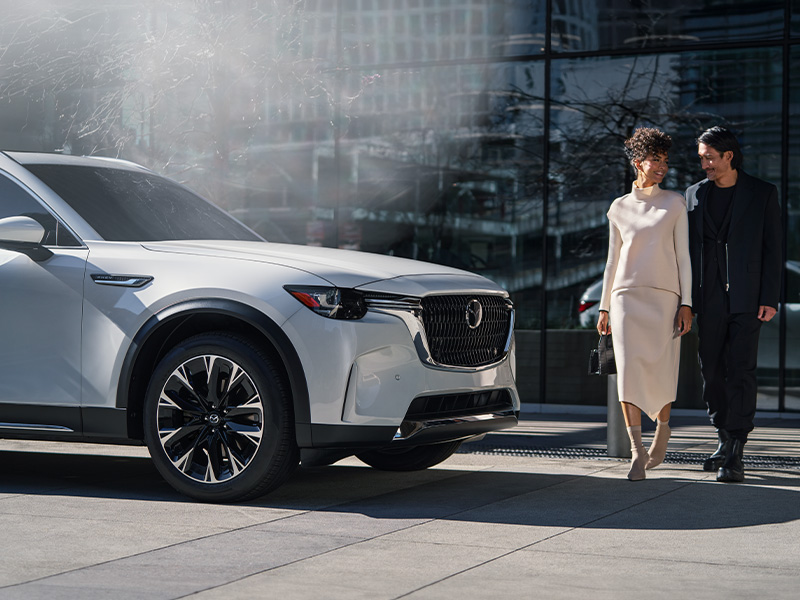
5. Eligibility for EV tax credit(s)
If you purchase an electric vehicle that qualifies for federal tax credits and various state or municipal incentives, those monies belong to you. Meanwhile, a lease may or may not reflect the value of any and all incentives, even if current regulations surrounding the application of EV tax credits for leased EVs are somewhat looser than for those purchased.
Verify that you’ll be able to take full advantage of tax credits before you purchase your EV, and keep in mind that you may need to wait until your tax refund before you realize the full benefits.
6. The ability to customize and care for your car how you want to
Many people take pride in the vehicles they own and may like to personalize or customize their cars. If you lease a car, any “customization” may have to be undone when you return it. Custom wheels, for example, may be easy to remove — window tint, not so much.
Further, small incidents like parking lot door dings or curb rash paint scratches along your bumper or wheels may not have bothered you much when you owned your vehicle — but these could land you with a fee if your lease contract requires that signs of abnormal wear and tear be repaired.
7. Flexibility to sell or purchase your vehicle on your terms
A lease is a legal contract: It is not easy to get out of by design. If you purchase an EV, you have far more purchasing and selling flexibility when a shinier new model catches your eye, your doctor says “triplets,” you get a new job with a much longer commute, you relocate to an area with less EV infrastructure, or move to a house not set up for at-home vehicle charging.
Cons of buying an electric vehicle
1. The jury is still out on EV resale value
While internal combustion vehicles have decades of data on what to expect for residual and resale value, the EV market doesn’t have that same abundance of data. The pace of change in EV development, with more efficient batteries, and faster, easier, and more reliable charging might make today's EV less relevant in the near future.
2. EV batteries are designed for a long shelf life, but they do degrade
A significant key to an EV’s range and performance is its battery pack and, as you may have noticed when using your personal electronics, batteries degrade with time and use. Of course, EV batteries are going to last longer than the rechargeable AA/AAA batteries in your TV remote, but they will lose efficiency. Numerous variables (weather, driving habits, type of charging, etc.) determine how fast that happens, but it’s something to be aware of, as your battery’s range will slowly deplete over time.
3. All warranties eventually expire
While certain components have a longer warranty period (often inspired by emissions regulations) much of your electric vehicle will typically be out of warranty after 3 or 4 years. Since EVs tend to have the most recent electronics, which are often replaced as a single, expensive unit, you may have to pay for an expensive repair if these break down when your warranty expires.
If you plan on driving your EV past its powertrain warranty (again, typically 8-10 years or 100,000 miles), you are also more likely to face the need to replace your EV’s battery pack – an expensive proposition. A factory-backed extended warranty can allay many of these fears and costs.
Pros of leasing an electric vehicle
1. Leasing means easier access to the latest and greatest
EV owners currently skew toward early adopters and those who prefer the newest technology. When leasing, you’re locked into the particular vehicle brand, styling, charging standards (including recharging speeds), features, and amenities for only the length of the lease – typically 2-3 years.
In the world of EVs, the latest and greatest also often means the most relevant. That’s because EVs are evolving rapidly, more so than their petroleum-powered counterparts, and it takes just a few major shake-ups in technology to make what’s bleeding-edge tech today obsolete in just a few years. Leasing allows you to stay ahead of the curve in this evolving landscape.
This also applies to EV charging. The “standard” types of EV charging connectors and chargers are also transforming. While none has disappeared overnight, manufacturers are building alliances that will enable greater access to Level 2 and Level 3 charging. If you’re leasing, you can replace your current EV for one with the latest hardware and software, allowing you to charge your vehicle in more locations. Whereas if you purchased your EV, you may have to pay to get those updates if you want them.
2. You have potential access to tax benefits without the wait
Most current incentives and tax credits that apply to the purchase of an EV have requirements and thresholds. Some of them relate to you — your income may be too high, or you may owe insufficient taxes to get a full tax credit — while others apply to the EV itself, which may or may not qualify depending on where it was built, where the battery came from and what materials were used within it, vehicle price, and so on.
However, there’s currently a “loophole” of sorts that renders most of those details, like your income, irrelevant and allows the originator of the lease — usually the manufacturer’s finance arm — to take the full $7500 credit. Granted, the automaker determines how much, if any, of that credit gets applied to the leasing rate, but it could save you significant money. Be sure to examine your paperwork to see where tax credits have been applied.
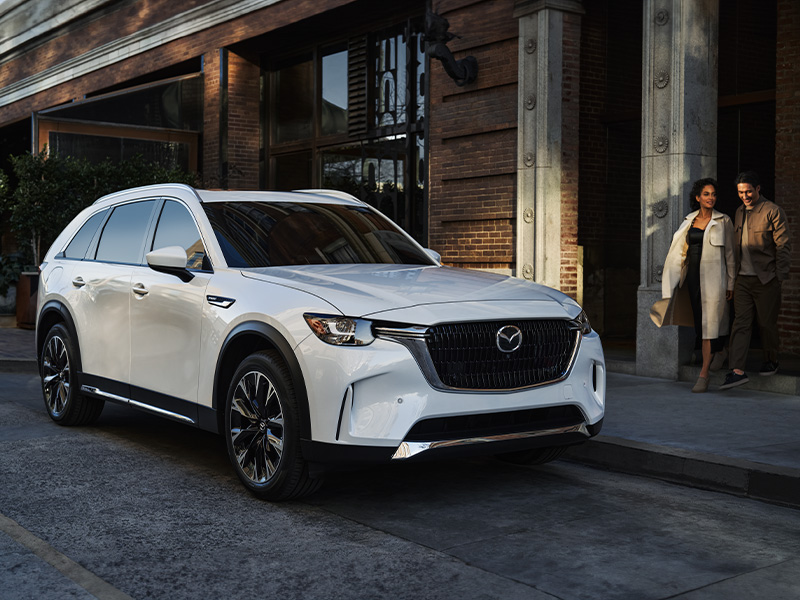
3. Leasing offers protection from cost fluctuations in the market
The price of EVs can vary more than that of ICE vehicles. If you bought a new electric vehicle for $55,000 one month and the next month you could buy it new for $44,000, that’s not the investment you may have thought it was. Leasing lets you minimize pricing issues caused by a fluctuating market.
Although your monthly payments are based on what the manufacturer and the finance team behind your contract projected the vehicle would be worth by the end of your lease, leasing means you won’t have to worry as much about being “upside down” (owing more than the car is worth) on a car loan — particularly for those cars sold at higher price points.
4. You may reap profits during a buyout
Most leases come with a buyout option — the option to purchase your leased vehicle at the end of the lease contract, with the price being determined by your lease agreement. This price is set based on a prediction of the car’s residual value, the value of the car at the end of the lease term.
If you negotiated a good buyout price (and/or the leasing company inaccurately projected the car’s value at the lease’s end), you may be able to buy the car for less than it’s currently worth.
This option is only worth pursuing if your buyout price is lower than what similar cars are selling for, but factors like supply-chain disruptions, auto manufacturer or supplier strikes, and shipping disruptions, can all drive up the cost of new vehicles, meaning potential savings for you when buying at the contracted price.
5. Enjoy limited maintenance expenses
When you’re leasing, the lessor (owner of the lease) or manufacturer technically owns the car. They’ll want to keep it in good condition. Since typical lease terms echo the vehicle’s basic warranty period; when things break or malfunction, the lessor is usually responsible for covering major repairs. Apart from insurance, routine maintenance, damage, and wear-and-tear items not covered under warranty (tires, wiper blades, brake pads, 12-volt battery, etc.), there should be no unexpected costs.
Cons of leasing an electric vehicle
1. Leasing isn’t owning: Is it really your car?
Most leases have rules about how their leased vehicle is used. These could include limits or bans on using your vehicle for commercial or business purposes, any “gig economy” work like ride-hailing, food delivery, privately renting out your vehicle, etc. There may also be clauses about where the car can go, including whether your car can cross international borders, drive on racetracks, or be permanently relocated to a different state.
Finally, many leases prohibit modifications, including common “upgrades” like window tint, “built-in” electronics (hardwired dash-cams or radar detectors), and sound system improvements.
2. Mileage penalties limit how much you can drive
Virtually every lease spells out limits on the number of miles the car can cover during the lease term. It’s worth double-checking what that number is lest it’s artificially low. Alternatively, you may wish to negotiate for a lower number — and thus lower monthly payments — if you’re confident you’ll travel less than what is currently offered.
Take the time to do a little back-of-the-napkin math. If your lease stipulates 12,000 miles/year across 3 years, plus $0.50/mile for any additional miles, just a 10% overage on your mileage per year adds $1800 at your lease’s end.
3. A good credit score is often required to lease a vehicle
It’s more difficult to lease a car than to buy one if you don’t have good credit. The most quoted minimum is a score of 700, with the stipulation that a higher credit rating often leads to a better payment. For example, according to CARFAX, in Q1 2024, the average credit score for a new lease was 751.
A manufacturer or dealer may opt to not pass along tax credits.
If the manufacturer and dealer aren’t passing along the tax credits the loophole allows and there’s no alternate dealer nearby to negotiate with, you won’t get any tax credit benefit. Note that this factor has less to do with leasing in general than with due diligence and good negotiation on your part, but it’s still worth noting.
4. Leasing vs. subscription services
Multiple carmakers have tried their hand at subscriptions as an alternative to leasing, although many have abandoned the idea, as most buyers find it too expensive. In a subscription model, the driver pays a monthly subscription fee for the car that also typically covers any maintenance issues, the cost of insurance, and roadside assistance. The driver would pay for fuel/energy, tolls, and tickets separately.
One of the biggest selling points for subscriptions is that they tend to cover much shorter terms, with some brands allowing drivers to change cars by the day, a month, or every few months.
Buying and leasing a Mazda EV
If you’re looking to lease a Mazda, there are multiple leasing programs and flexible payment options available to you. Choose from the Mazda CX-90 PHEV, the CX-70 PHEV, or the CX-50 Hybrid, for a full hybrid option.
Lease terms generally vary from 24-48 months, with a standard lease term of 36 months, and a typical annual range of 15,000 miles and a low-mileage lease of 10,000 miles. You’ll also have the option to purchase your car once your lease is over.
To learn more, start building your own online, or simply find a Mazda Dealer near you to test drive a Mazda today.
This article is intended for general informational purposes only and is based on the latest competitive information available at the time of posting. Information herein is subject to change without notice and without Mazda incurring any obligations. Please review a variety of resources prior to making a purchasing decision. Visit Resource Center for more articles.


